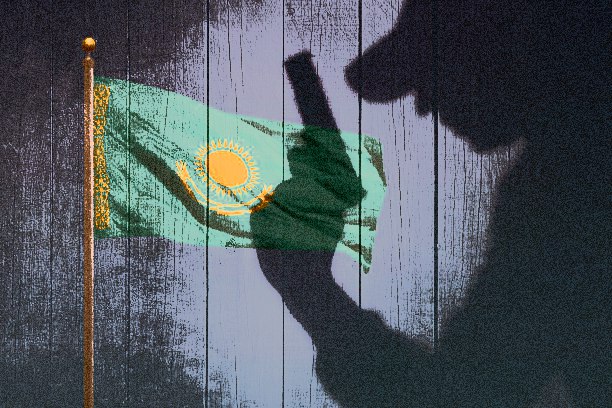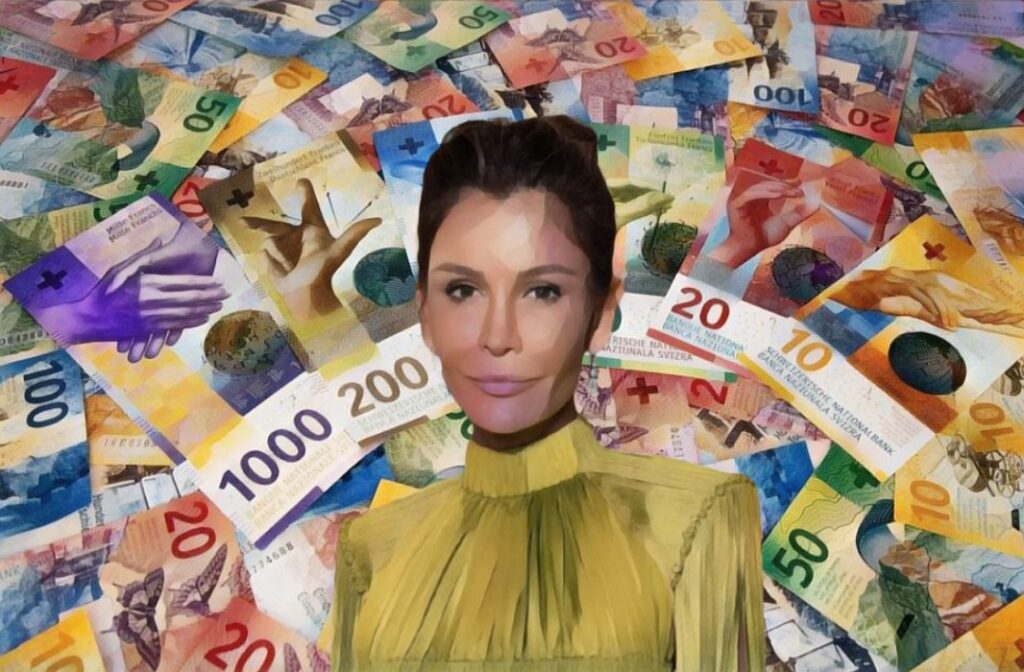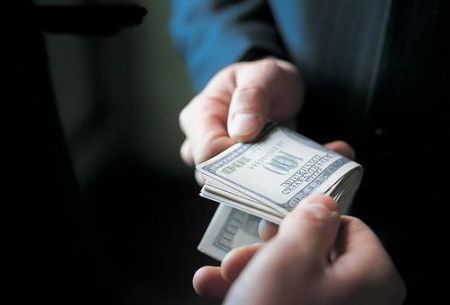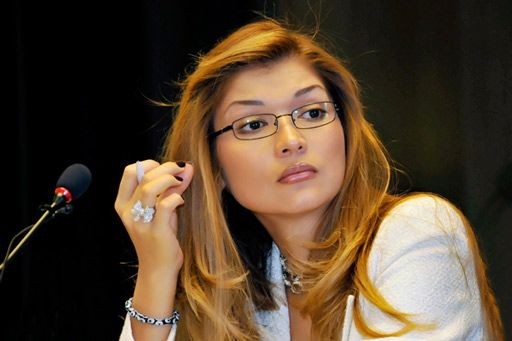The State Committee for National Security of Kyrgyzstan (GKNB) has issued an arrest warrant for the already imprisoned 73-year-old Salim Abduvaliev, who for decades was one of Uzbekistan’s most prominent individuals. As part of the investigation, evidence was obtained that Abduvaliev had financed the activities of an organized criminal group led by Kamchybek Asanbekovich Kolbaev, an individual linked to heroin trafficking who was wanted by the U.S. Department of State and was a member of the international criminal group, the “Brothers’ Circle,” or “Bratva”. Kolbaev was killed in Bishkek in a security operation in October 2023 at the age of 49.
In a dramatic fall from grace, in March of this year, Abduvaliev was sentenced to six years in prison in Uzbekistan for “arms trafficking”. Initially a fan of President Mirziyoyev, even being photographed wearing a t-shirt proclaiming “My President” emblazoned with Mirziyoyev’s image, Abduvaliev eventually fell afoul of reforms and a crackdown on corruption. “Whether it is criminal groups… or officials mired in corruption, if someone flouts the law and causes harm to the state and society, we will never be able to stand by and watch it,” Mirziyoyev said in December 2023. “In ‘New Uzbekistan,’ the law must prevail, and punishment for crimes must be inevitable”.
Having been hugely influential in CIS countries for decades, Abduvaliev now also stands accused in Kyrgyzstan of establishing illegal channels for transporting narcotics to Europe. According to the GKNB, Abduvaliev regularly provided material support to Kolbaev and helped him to become the leader of the Kyrgyz criminal world and rank among the most influential criminal figures in the region.
In their indictment, the GKNB stated that Kolbaev and Abduvaliev had a close relationship; pictures showing Kolbaev’s visits to “celebrations and other events” organized by Abduvaliev in Uzbekistan number among the evidence. Based on the collected materials, Abduvaliev was placed on the interstate and Interpol databases by the Oktyabr District Court of Bishkek.
Widely-known as “Salimboy-Boyvaccha” (which can be used to mean “grandfather”, “rich man”, or “dandy”), Abduvaliev previously held the position of Vice President of the National Olympic Committee and President of the Wrestling Association of Uzbekistan. He was also an associate of the mob boss, Gafur Rakhimov, considered to be one of the most prominent drug lords in the CIS.

Image: GKNB of the Kyrgyz Republic
A mainstay of Central Asian crime circles, Abduvaliev was in the aluminum business with the notorious Michael Cherney – declared by the FBI to be an “organized crime figure” – sponsored the participation of Anatoly Bykov – since jailed for murder – in elections in Krasnoyarsk Krai in Russia. A 2012 article in Argumenty I fakty cites an “FBI Organized Crime” report as stating that in 1987, when Mikhail Cherney came to “conquer Moscow,” he came with “recommendation letters [from] respected” Tashkent businessmen known by their nicknames, Gafur and Salim.”
A well-connected source who wishes to remain anonymous for their safety told TCA that “in Uzbekistan there was no single business – especially in the late eighties and early nineties – which was not controlled, contracted or involved with Salim or Gafur. They were the two main figures in what I would call the shadow government.
“They were the people who were helping or protecting businesses, because at this time you couldn’t operate with a krysha (literally, “roof”), especially when transporting goods. Salim, at that time and still now, controls major transport companies, and he was taking bribes from HGV drivers to put them under his protection; he was famous as a krysha. In case of any conflict, you needed someone to be on your side. Especially during that time, you couldn’t count on the courts or the judicial system. If you get into a dispute, people like [them] become your arbitrators.
“So, Salim and Gafur were the godfathers, and they still are, though they’re not as active now. They used aggressive tactics at the time, ‘disappearing’ guys all over the [former] Soviet Union. They were at the heart of what happened with the Flower Mafia War (a series of stabbing which took place in the markets of Tashkent in which several racketeers who controlled the flower trade in the region – a cover for smuggling – were killed.) If you didn’t agree with them or got greedy, you were killed.”









